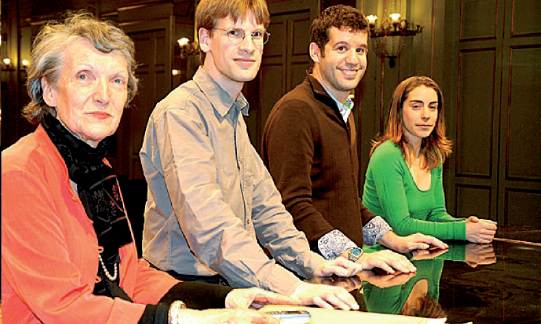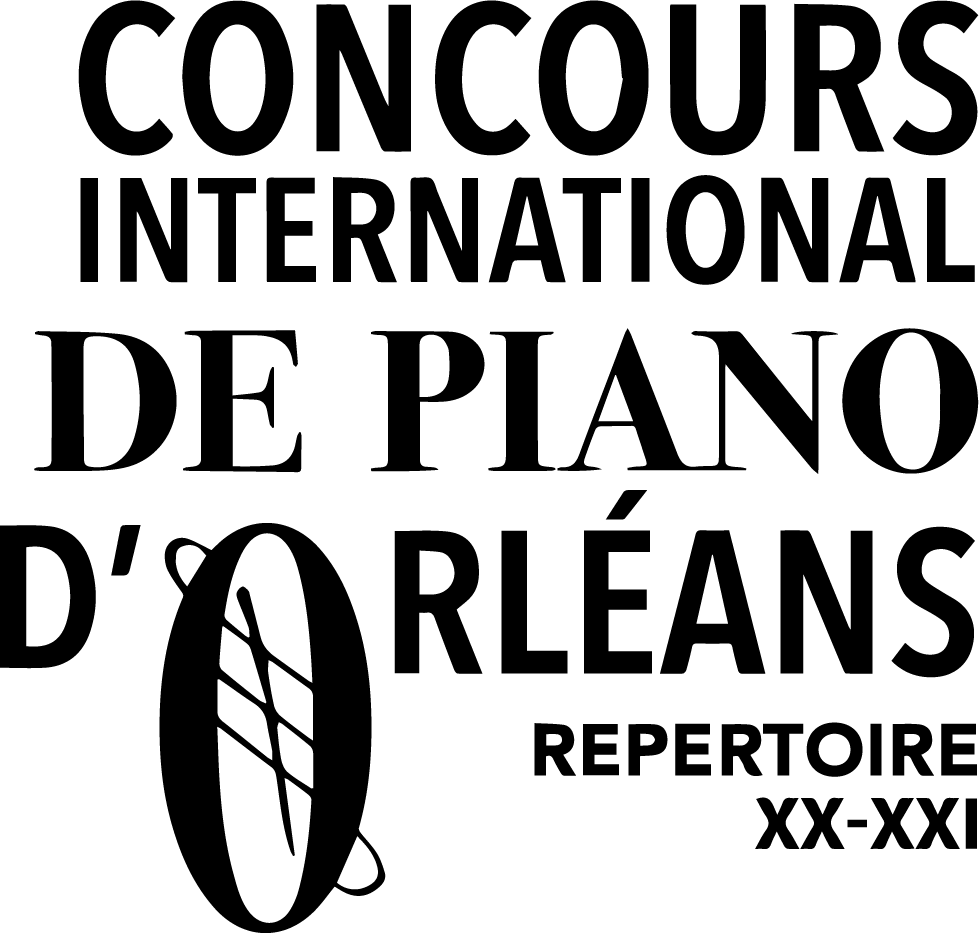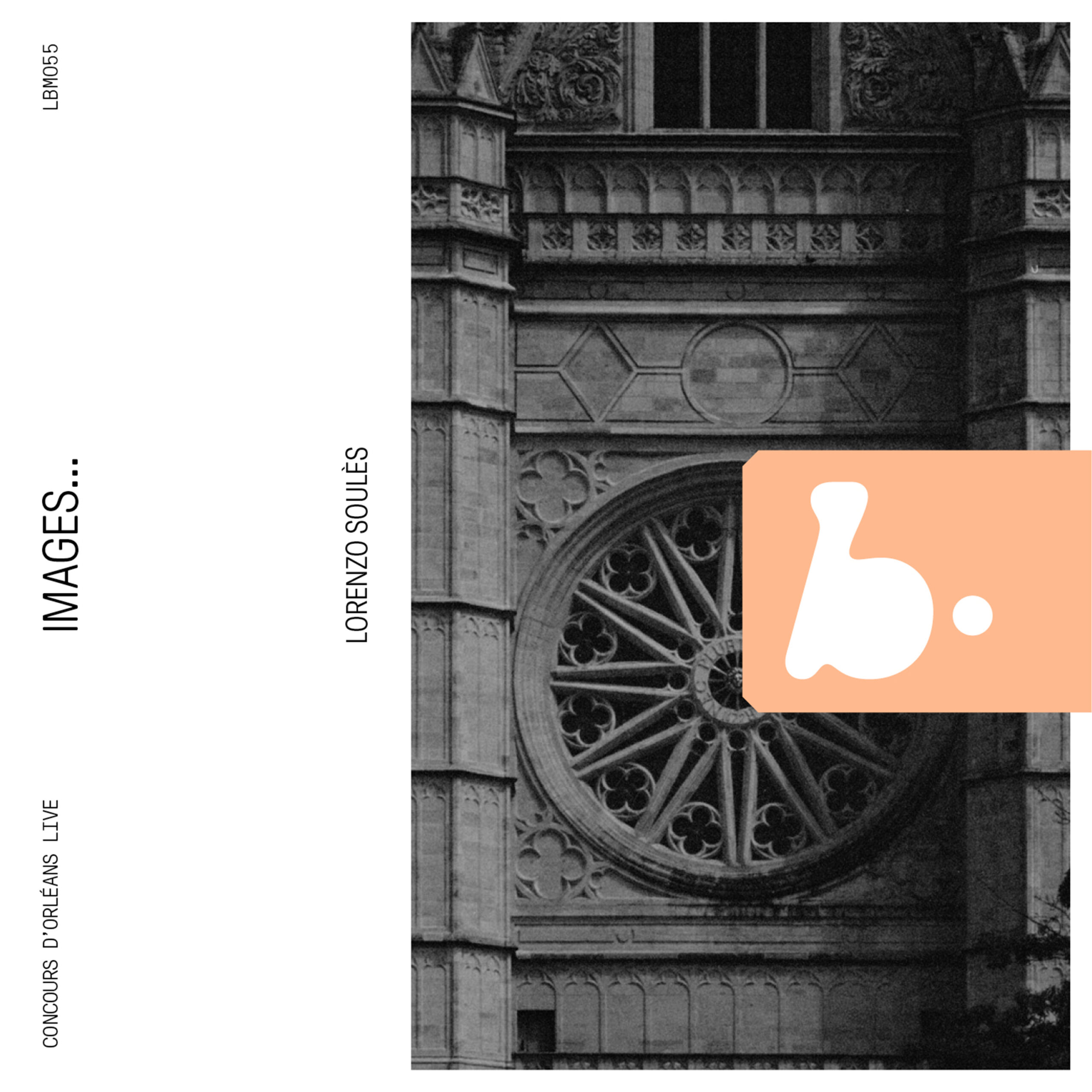8th International piano competition of Orléans 2008

Lauréats 2008 et F. Thinat © DR
The 8th International piano competition of Orléans was held from February 25th to March 4th in 2008 et has consecrated Florence Cioccolani, Antal Sporck et Adam Marks as the 3 finalists of this year.
The competition continued with prestigious concerts: one given in February 2009 by the 2 principles laureates in the Salle Cortot in Paris and then, an other one with Florence Cioccolani and 2 former laureates (Wilhem Latchoumia – 2006 Competition First Prize and Toros Can – 1998 Competition First Prize) on March, the 17th in 2009. Among the works proposed: Bartok, Rachmaninov, Debussy and the commissioned piece by Edith Canat de Chizy, a worldwide creation played by the finalists with the support of Sasha Rozhdestvensky (violin), Marc Coppey (cello) and Florent Héau (clarinet).
Dates:
From February 25th to March 4th 2008.
Rules & Regulations:
All information regarding the organisation of the rounds and contest procedures are available in the Contest Program and Rules.
Members of the Jury:
- Pascal Devoyon – Pianist, France / Germany – President of the Jury
- Michel Decoust – Composer, France
- Yoko Kubo – Composer and pianist, Japan
- Joséphine Markovits – Artistic director, France
- George Rothman – Orchestra conductor, USA
- Alicia Terzian – Composer, Argentina
- Pierre Sublet – Pianist, Switzerland
Prize List 2008:
You can find the Prize List and laureates 2008 HERE
Commissioned piece:
Title: BURNING, for clarinet, piano, violin, cello
Composer: Edith Canat de Chizy
Dedicated to Françoise Thinat, this piece was commissioned by the International Piano Competition of Orléans, 2008 and will be performed for the occasion on March 4th of the same year.
Jointly, Françoise Thinat and I contemplated the ensemble that, for me, related to the desire to write a piece that would include the same instruments as the “Quartet for the End of Time” by Olivier Messiaen, a nod to the 100th anniversary of his birth, this year. The comparison ends there. My harsh treatment of these instruments is far from the universe generally accorded to Messiaen’s Quartet. This is a chamber music piece, where the writing for the piano is treated so that it is infused equally with the other instruments’ voices.
“Burning” finds its origins and roots in the universe of the Irish poet William Butler Yeats (1865-1939), especially in this verse from his poem “Vacillation”:
Between extremities
Man runs his course;
A brand, or flaming breath.
Comes to destroy
All those antinomies
Of day and night;
His universe was overwhelmingly influenced by the Irish revolution: Three themes course through the mystic poetry of Yeats: Fire, Song and Joy, the final joy. Fire and lightning which consume and ultimately renew; Song, that private and privileged space, alternating between the metaphysical and physical culminating in reconciliation between the two. The final joy is expressed through dances and rhythm, which are the joy of the moment, the triumph of life.
Thus are the three themes joined together in the piece while ostinatos run through it, going from strident to fleeting oscillation to the point of progressive elimination of the various elements until it all fades away.
The Composer: Edith Canat de Chizy
Elected in 2005 to the Fine Arts Academy of France (Académie des Beaux-Arts de l’Institut de France), Edith Canat de Chizy (born on 26 March 1950) is the first female composer to enter the Institut de France.
Having obtained a degree in Art, Archeology and Philosophy at the Sorbonne, she also studied music at the Paris Conservatoire Supérieur, where she was awarded, in succession, first prizes in harmony, fugue, counterpoint, analysis, orchestration and composition.
She studied first under Ivo Malec and then, in 1983, came a crucial encounter with Maurice Ohana at which point she became his student. During that time, she also worked on electro-acoustics both at the Conservatory and with the Musical Research Group (Groupe de Recherches Musicales).
Edith Canat de Chizy has received numerous awards for her work, including the Tribune Internationale des Compositeurs Prize for her orchestral work “Yell” (1990); the SACEM Hervé Dugardin (1987) and Georges Enesco (1990) prizes; the Paul-Louis Weiller prize (1992); the SACD “Jeune talent musique” Prize (1998); and an exceptional distinction for her cello concerto “Moïra” at the Prince Pierre de Monaco competition (1999). She was made a Knight of Arts and Letters (Chevalier des Arts et Lettres) in 1994.
In 1997 and 1998, she was a composer in residence at the Metz Arsenal, and in 2000, she was nominated at the Victoires de la Musique for her violin concerto “Exultet”.
Edith Canat de Chizy’s training as a violinist means she is very much at ease with composing for string instruments. She has a clear sense of tone and sound, both of which are particularly in evidence in her orchestral works. Her independent language and freedom of style have enabled her to create a distinctive sound world where her imagination holds sway.
Her last recording “Moving” (Aeon 210), devoted to string works met with widespread acclaim not only amongst the public, but also, the critics. In July 2003, her second string quartet “Alive” was premiered at the Bordeaux International String Quartet Competition.
Her viola concerto “Les Rayons du jour”, commissioned by the Orchestre de Paris, premiered in February 2005 with Ana Bela Chaves, under the direction of Christoph Eschenbach and also met with great success with the public and the critics.
Edith Canat de Chizy was honored in 2004 with the SACEM Great Symphonic Prize.
Since September 2003, Edith de Canat de Chizy has been the director of the Paris 7ème Arrondissement Conservatory where she has established a composition class which she herself teaches.
Media Library:
Contact us
Phone:
Address:
Head office:
46 ter, rue Sainte-Catherine
Office building:
5 place de la République
F-45000 Orléans, France
Upcoming events
Last album
© 2024 OCI Piano - Legal notices - Conception et réalisation Think Ad Communication

